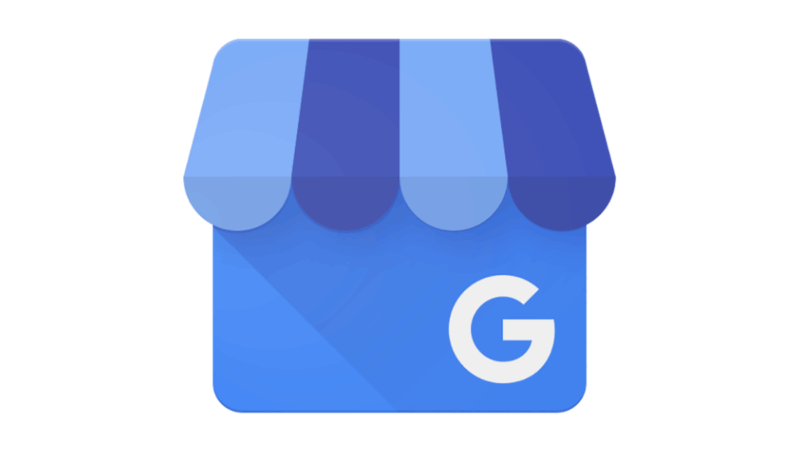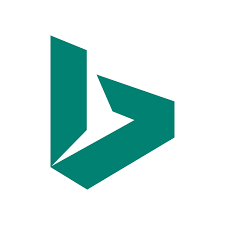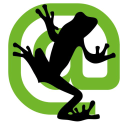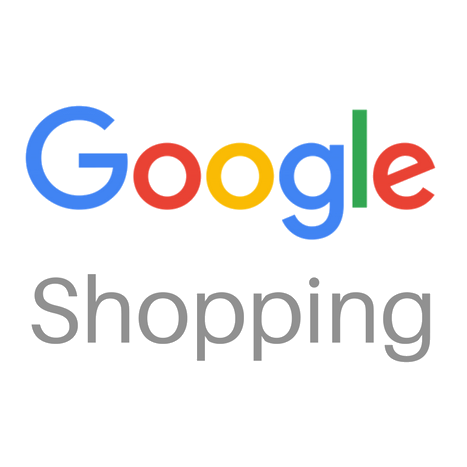On Starting A $3K/Month PPC And WordPress Development Business
Hello! Who are you and what business did you start?
My name is Paul Franklin and I run SideGains, through which I offer a range of different services aimed at businesses and individuals who want to start a blog or grow their online presence.
I’m a language graduate (Spanish), with a strong IT leaning and this is how I ended working in the online space.
I’ve been involved in many different areas of “Internetwork” for almost 20 years from frontend and backend development to SEO and PPC. In my last employed role, I was the Director of Search Marketing for one of Europe’s largest dancewear companies.
Most of the client work I undertake in my business is Pay Per Click campaign management and building / supporting WordPress blogs. In normal times this generates between $5k to $6k per month, but things have changed in recent times due to client budget reassessments as a reaction to the COVID-19 crisis.
Right now I’m putting more emphasis into monetizing the SideGains blog so I can move away from my dependence on client work.

Download the report and join our email newsletter packed with business ideas and money-making opportunities, backed by real-life case studies.

Download the report and join our email newsletter packed with business ideas and money-making opportunities, backed by real-life case studies.

Download the report and join our email newsletter packed with business ideas and money-making opportunities, backed by real-life case studies.

Download the report and join our email newsletter packed with business ideas and money-making opportunities, backed by real-life case studies.

Download the report and join our email newsletter packed with business ideas and money-making opportunities, backed by real-life case studies.

Download the report and join our email newsletter packed with business ideas and money-making opportunities, backed by real-life case studies.

Download the report and join our email newsletter packed with business ideas and money-making opportunities, backed by real-life case studies.

Download the report and join our email newsletter packed with business ideas and money-making opportunities, backed by real-life case studies.



























